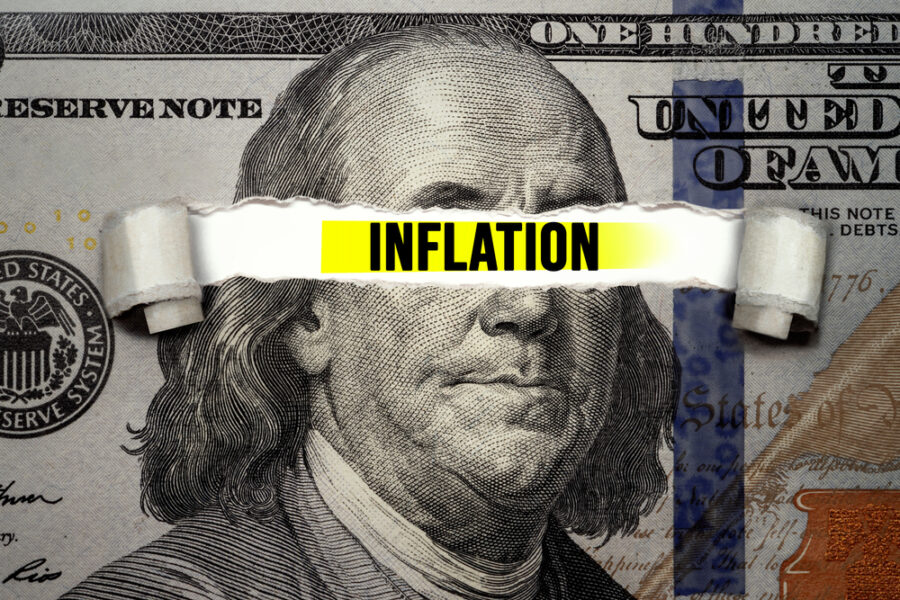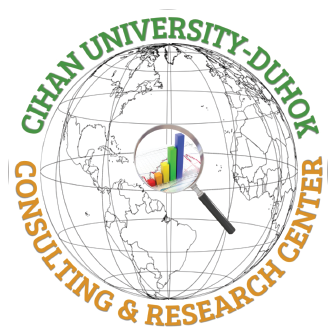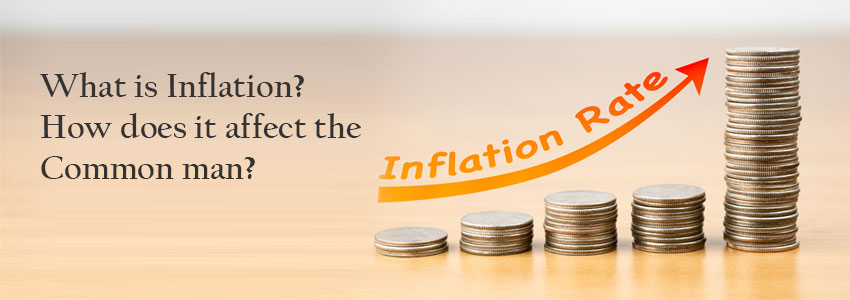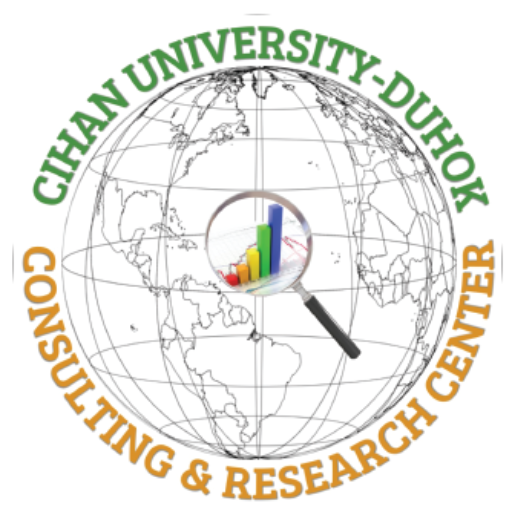America’s employers added a healthy number of jobs last month, yet slowed their hiring enough to potentially help the Federal Reserve in its fight to reduce raging inflation.
The economy gained 315,000 jobs in August, a still-solid figure that pointed to an economy that remains resilient despite rising interest rates, high inflation and sluggish consumer spending. Friday’s report from the government also showed that the unemployment rate rose to 3.7%, up from a half-century low of 3.5%. Yet that increase was also an encouraging sign: It reflected a long-awaited rise in the number of Americans who are looking for work.
“It’s a very positive report and still holds open the possibility for a soft landing,” said Ellen Gaske, an economist at PGIM Fixed Income, referring to the Fed’s goal of slowing the economy enough to cool inflation without going so far as to cause a recession.

Prices are rising at nearly the fastest pace in 40 years, which has handed congressional Republicans a hammer to use against Democrats in the fall congressional elections. Texas Republican Rep. Kevin Brady noted Friday that rising wages aren’t keeping up with inflation, leaving Americans with “shrinking paychecks.”
The White House has pushed back, claiming credit for what it calls evidence that the economy remains on firm footing.
“Jobs are up, wages are up, people are back to work and we’re seeing some signs that inflation may be, may be … beginning to ease,” President Joe Biden said Friday.
Inflation did fall to an 8.5% annual rate in July from 9.1% in June, mostly as gas prices steadily dropped. Prices at the pump fell to $3.81 a gallon Friday from a peak of $5.02 in mid-June. But inflation has declined in the past only to jump higher again, and few economists are willing to declare yet that it has peaked.
The August hiring gain was down from 526,000 jobs that were added in July, and it fell below the average increase of the previous three months. Wage growth weakened a bit last month, too, which could also serve the Fed’s inflation fight. Average hourly pay rose 0.3% from the previous month, the smallest gain since April. Businesses typically pass the cost of higher wages on to their customers through higher prices, thereby fueling inflation.
Gaske suggested that the figures could allow the Fed to raise its benchmark short-term interest rate by a half-percentage point at its next meeting later this month, rather than by three-quarters of a point, as many Wall Street traders and some economists have expected. Either size increase would exceed the Fed’s typical hike of a quarter of a percentage point. When the Fed increases its rate, it leads over time to higher rates on mortgages, auto loans and business borrowing and can weaken the economy.
The Fed is rapidly raising rates to try to cool the economy and reduce inflation. Some economists fear, though, that the Fed is tightening credit so aggressively that it will eventually tip the economy into recession.












